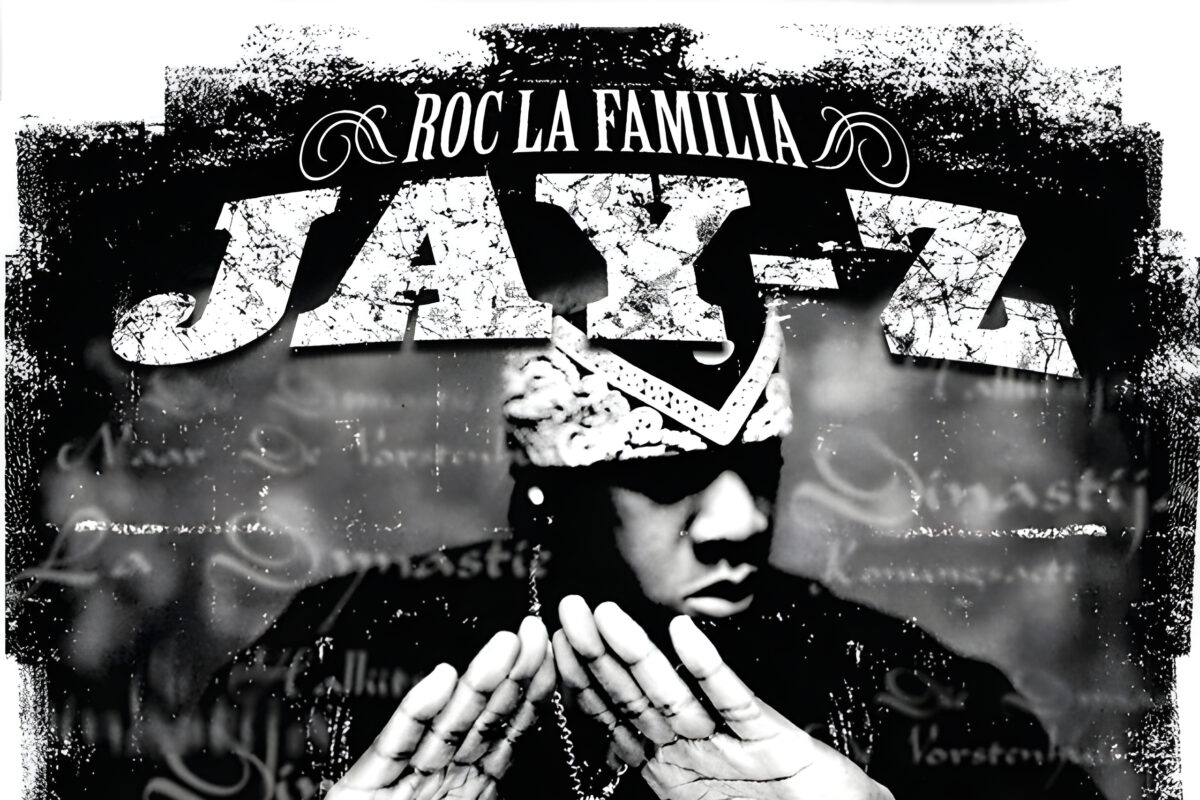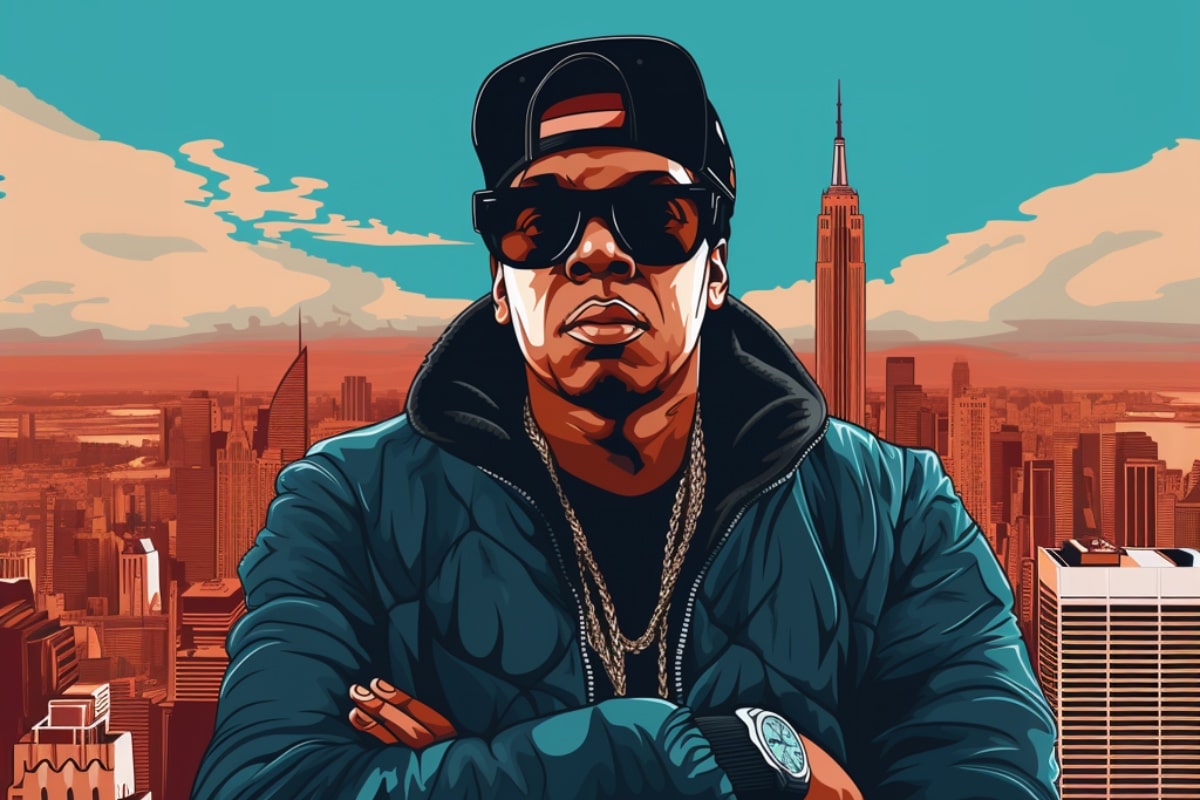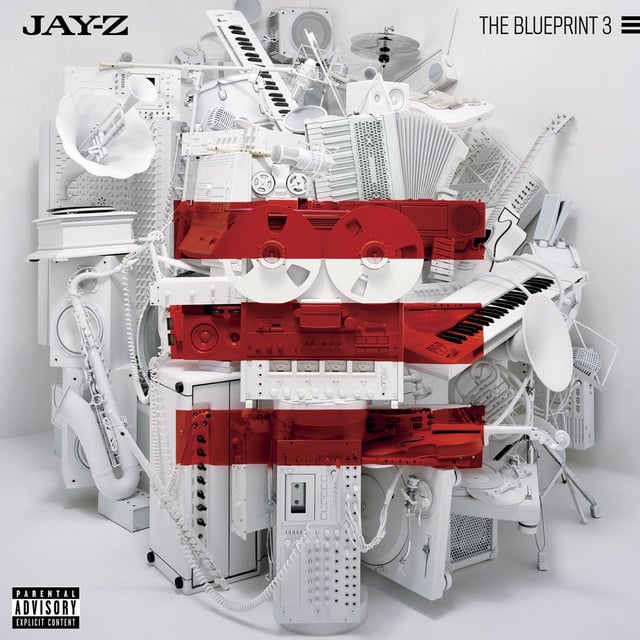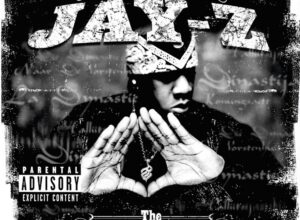Released: 2000
“Guilty Until Proven Innocent” by Jay-Z, featuring R. Kelly, is a powerful anthem challenging the media and public perception. It encapsulates the theme of battling false accusations and media trials, questioning the presumption of innocence that the American legal system promises. Throughout the song, Jay-Z asserts his resilience, claiming victory over the attempts to undermine his reputation.
The opening lines immediately set the tone. Jay-Z evokes a rhetorical question, “I thought this was America,” expressing his disbelief at the assumption of guilt before innocence. This hook, accompanied by R. Kelly’s smooth voice, anchors the listener into the central issue: being wrongfully accused and scrutinized under the public eye, a relatable situation for those in the limelight.
Jay-Z, often known as Jigga, starts by establishing his legacy in the industry. “Before me there was many, after me there will be none,” he declares, asserting his unique position and unmatched influence. He emphasizes that his success wasn’t just luck; it’s an outcome of hard work and the barriers he had to overcome.
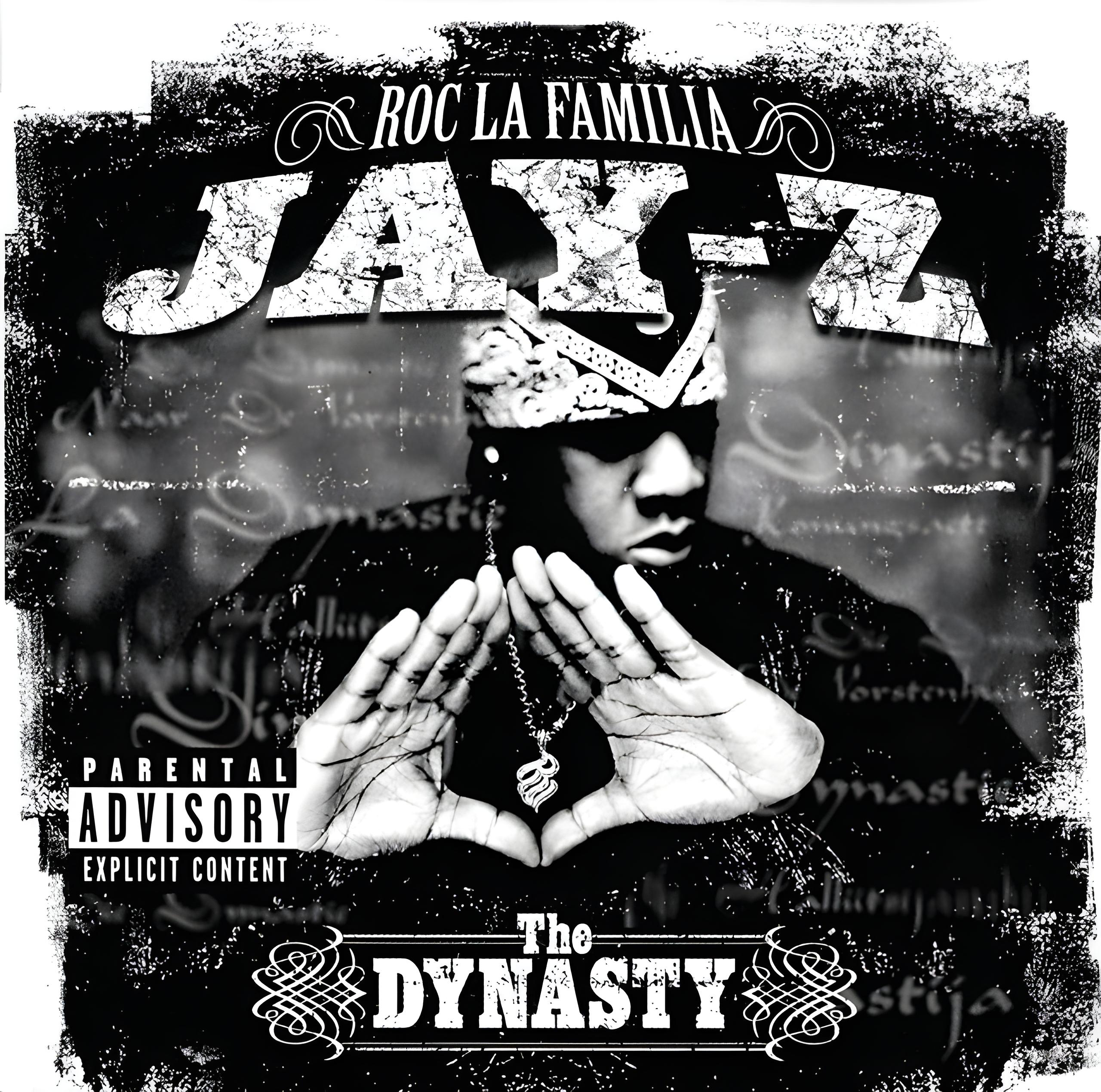
As he continues, Jay-Z describes the anticipation for his music and the immediate success that follows, portraying himself as an essential figure. His anger towards the press is palpable; they misinterpret his actions and tarnish his image, requiring him to take drastic financial measures to set things straight, evidenced by the “one point eight” reference, likely indicating money spent to fight false charges or lawsuits.
Jay-Z delves deeper into the personal impact of public scrutiny. The lines reflect the stress his family, particularly his mother, experiences because of his high-profile status. Yet, he positions himself as a “survivor,” showing his refusal to succumb to external pressures. His determination not to “bend, break, fold, scratch” echoes his unwavering resolve.
The chorus, repeatedly voiced by both artists, stands as a declaration of their innocence and invulnerability: “You can’t touch me, no you can’t touch me.” This defiant repetition acts as a shield against their detractors, cementing their stand against the baseless accusations and attempts to tarnish their reputations.
In the second verse, Jay-Z confronts the media head-on. He criticizes the press for sensationalizing his legal troubles and feeding the public’s curiosity. His references to “big money” and “big lawyers” suggest that he’s equipped to battle these charges legally. He evokes Johnnie Cochran, famously known for defending O.J. Simpson, illustrating his readiness to defend himself with the best.
Jay-Z also touches upon loyalty and betrayal, noting “I’m not the snitch” which distances him from others who might take the easier, dishonest route to save themselves. He expresses disdain for false narratives and stresses his integrity, opting to resolve issues within his domain rather than resorting to legal manipulations.
The narrative then shifts to personal betrayals. Jay-Z describes deceitful actions from former acquaintances trying to exploit his status for personal gain. This section reinforces the song’s overarching theme—facing accusations and deceit, often fueled by envy or revenge, which is common in both his professional and personal life.
In conclusion, “Guilty Until Proven Innocent” is a testament to Jay-Z’s resilience in the face of public and media trials. The collaboration with R. Kelly amplifies the song’s appeal, melding their musical strengths into a forceful message about maintaining integrity amid chaos. The song, released during a time when both artists were grappling with legal controversies, reflects their real-life battles, embedding the lyrics with genuine defiance and strength.
